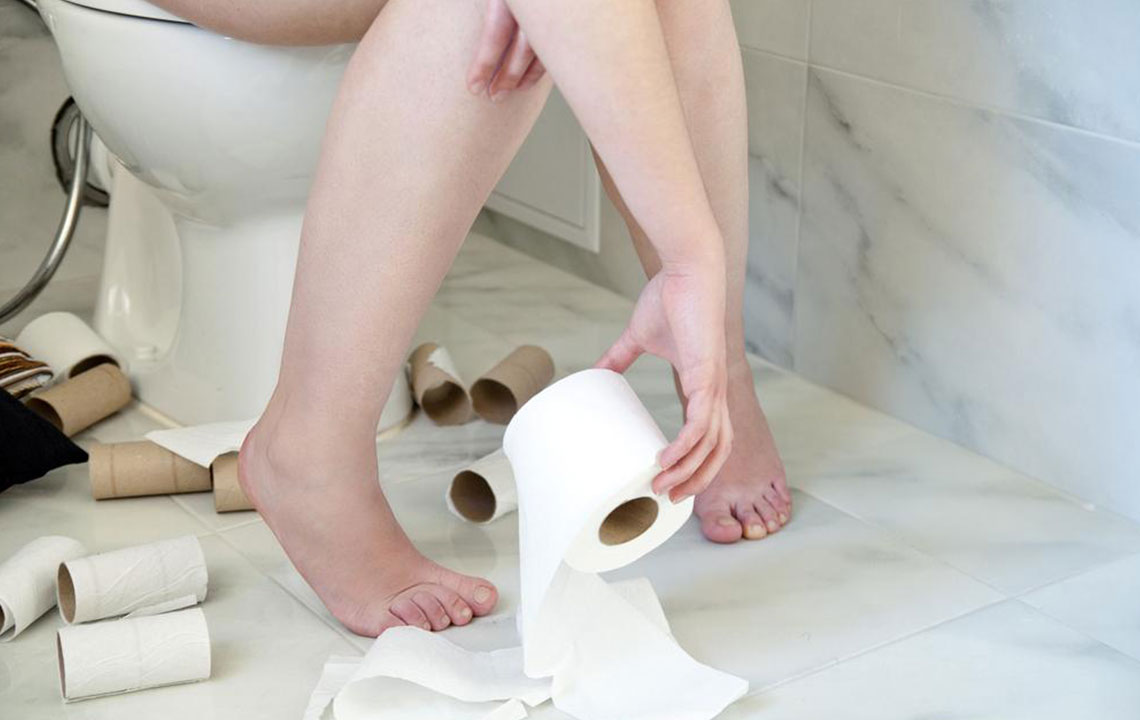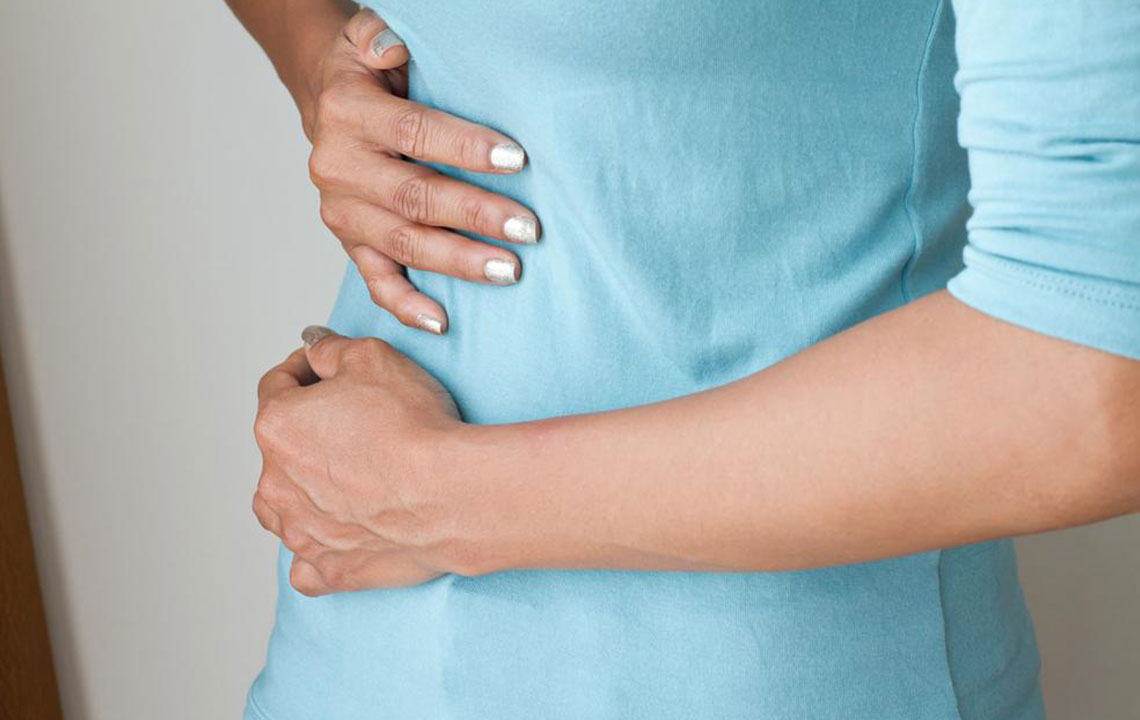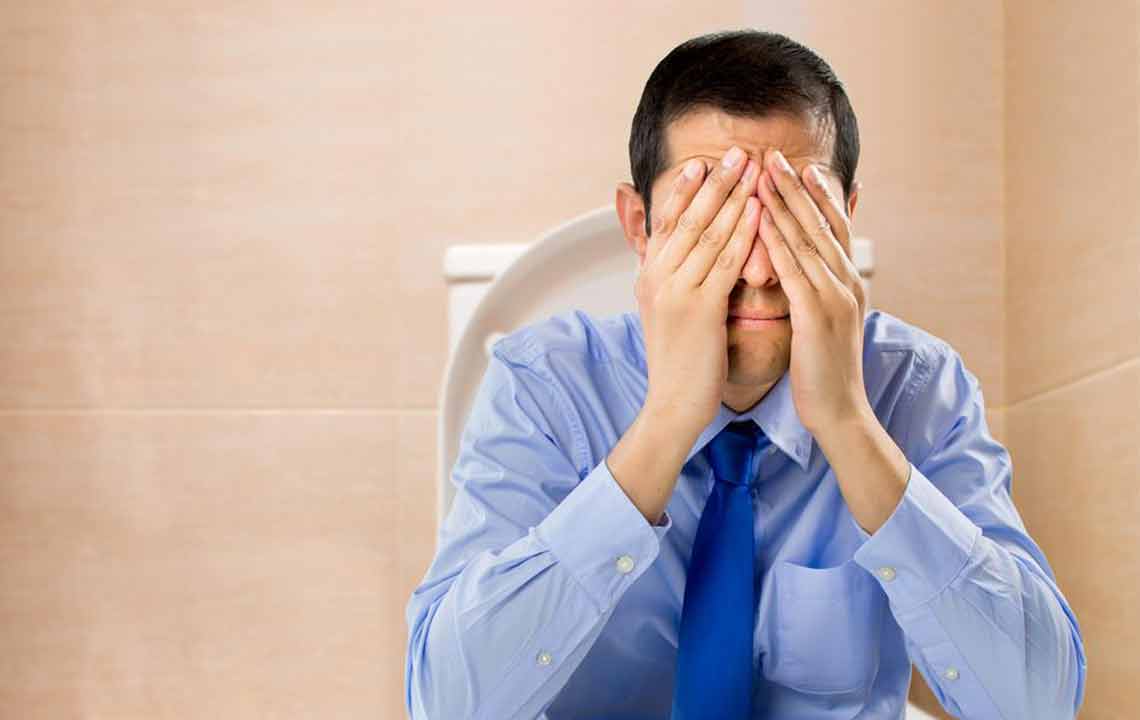Comprehensive Guide to Managing Hemorrhoids Effectively
Discover effective strategies to manage hemorrhoids through lifestyle changes, home remedies, and medical treatments. This comprehensive guide covers causes, symptoms, prevention tips, and surgical options to alleviate discomfort and improve quality of life.

Comprehensive Strategies for Managing Hemorrhoids Naturally and Medically
Hemorrhoids, commonly referred to as piles, are a prevalent condition characterized by swollen and inflamed veins in the lower part of the rectum and anus. Despite their widespread occurrence, many individuals find it uncomfortable to discuss or seek treatment for this condition. Hemorrhoids can develop due to a variety of factors including chronic constipation, pregnancy, excessive straining during bowel movements, obesity, and aging, which weakens the connective tissues supporting the veins in the anal area. Understanding the different types of hemorrhoids—internal, external, and thrombosed—is crucial for selecting the most appropriate treatment approach.
Internal hemorrhoids are located inside the rectum and are usually painless, though they often cause bleeding during bowel movements. External hemorrhoids, on the other hand, form around the anal opening and may lead to pain, swelling, and discomfort, especially when inflamed or thrombosed. Thrombosed external hemorrhoids occur when blood pools and clots within the external hemorrhoidal veins, leading to sudden and severe pain.
Preventative and management strategies focus on lifestyle modifications, dietary adjustments, and medical interventions. Increasing daily intake of dietary fiber through foods like fruits, vegetables, whole grains, and legumes significantly helps in softening stool and preventing constipation. Adequate hydration by drinking plenty of water also supports healthy bowel movements. Regular physical activity can reduce pressure on the rectal veins and promote bowel regularity.
Over-the-counter remedies are often effective in providing symptomatic relief. Topical creams, ointments, and suppositories containing hydrocortisone or witch hazel can soothe inflammation and reduce itching. Medicated wipes and Sitz baths with warm water help alleviate pain and reduce swelling. In some cases, healthcare providers recommend stool softeners, laxatives, or fiber supplements to ease defecation and prevent straining.
When conservative measures fail or if symptoms worsen, medical procedures may be necessary. Minimally invasive treatments include rubber band ligation, sclerotherapy, and infrared coagulation, which aim to shrink hemorrhoids. For severe or persistent cases, surgical removal known as hemorrhoidectomy may be performed to completely excise hemorrhoidal tissue. Additionally, innovative approaches like laser therapies are gaining popularity for their effectiveness and reduced recovery times.
Timely diagnosis by a healthcare professional is essential to determine the types and severity of hemorrhoids. Proper management reduces the risk of complications such as anal thrombosis, strangulation, and chronic bleeding. Patients should seek medical advice if they experience persistent bleeding, significant pain, or a lump around the anus. Emphasizing lifestyle changes complemented by medical treatment can significantly improve quality of life and prevent future episodes of hemorrhoids.





